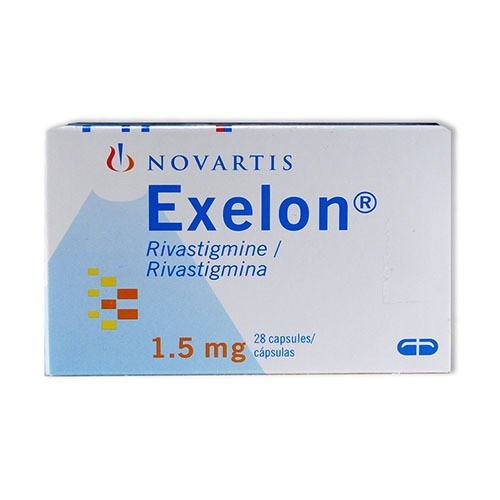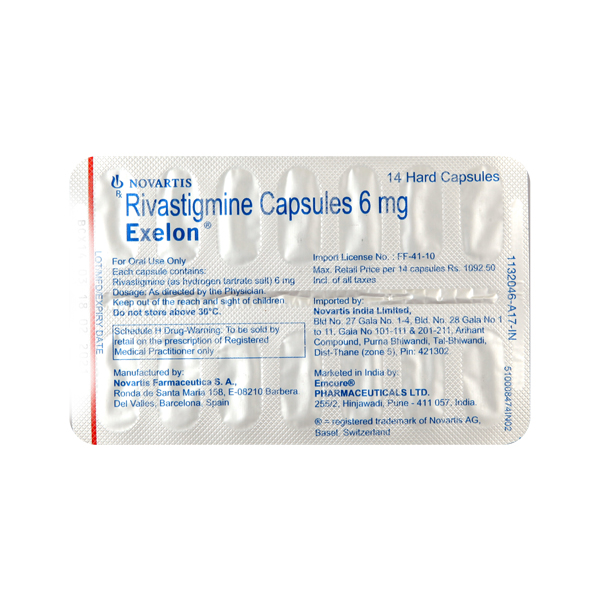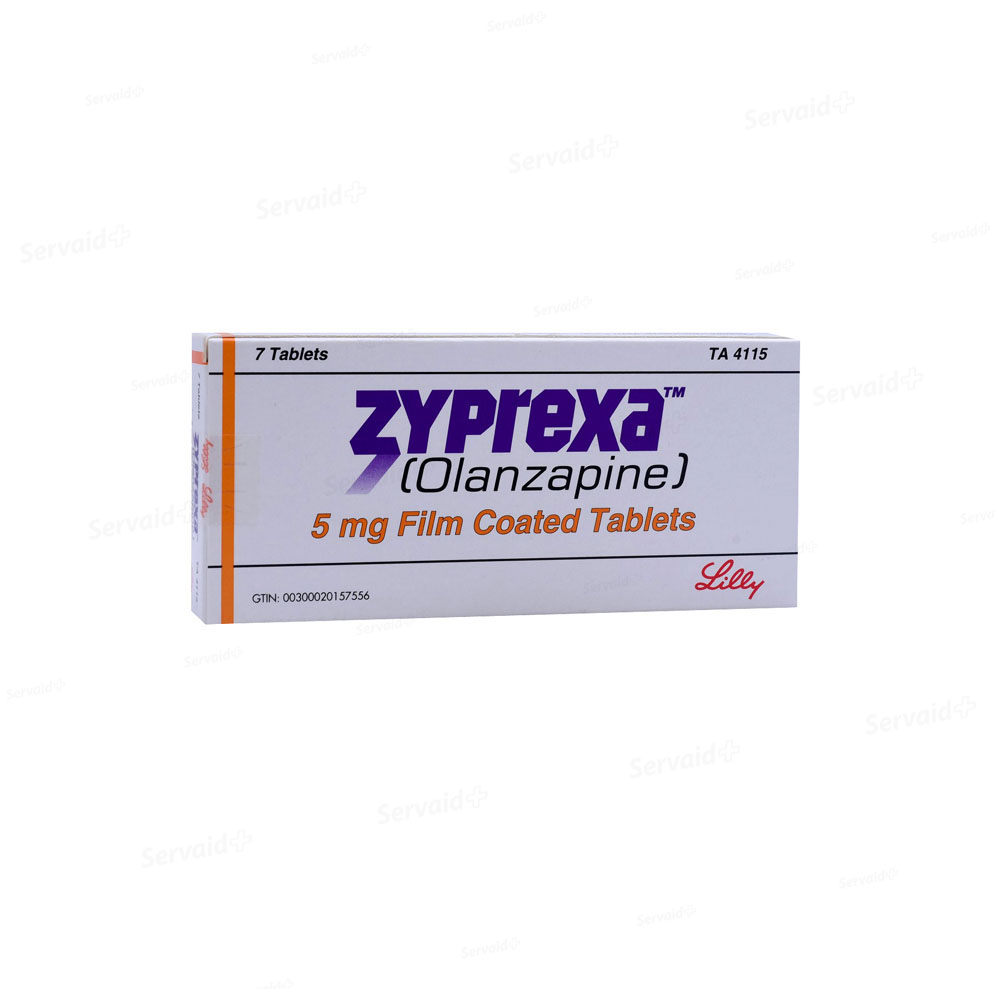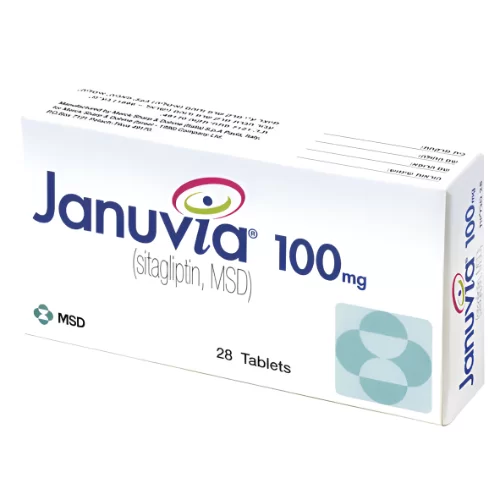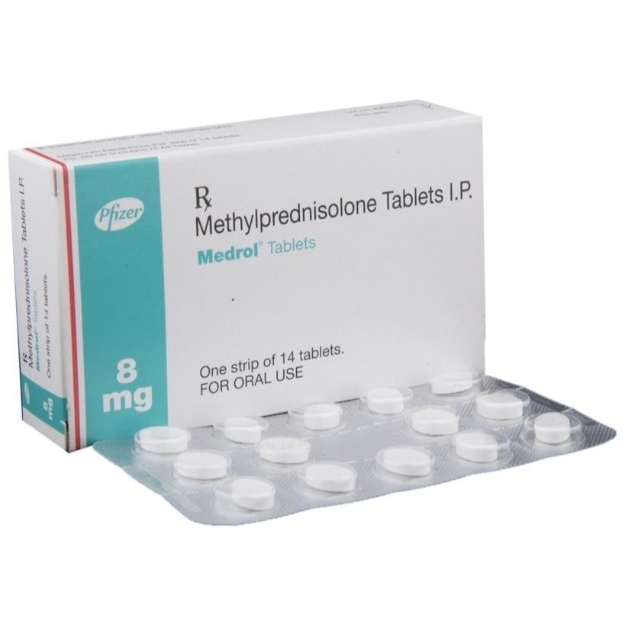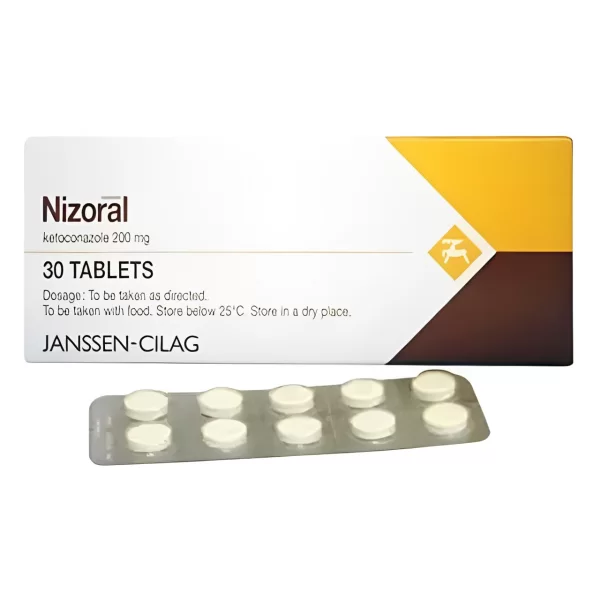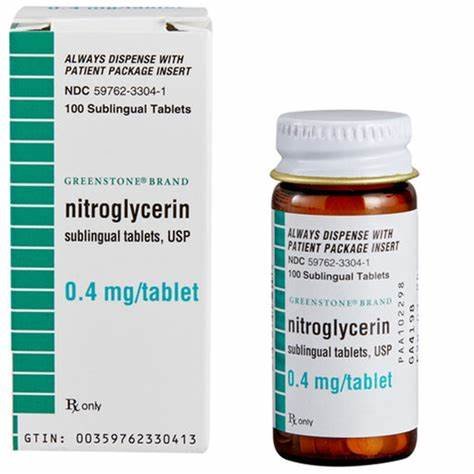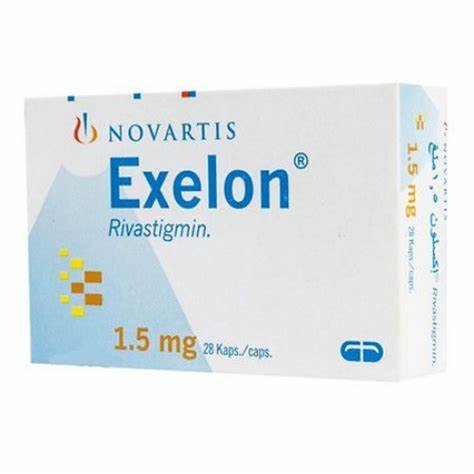
Exelon
Exelon - 6mg
| Product | Per Pill | Savings | Per Pack | Order |
|---|---|---|---|---|
| 30 pills | $1.58 | $47.48 | Buy Now | |
| 60 pills | $1.24 | $20.83 | $94.95 $74.12 | Buy Now |
| 90 pills | $1.12 | $41.66 | $142.43 $100.77 | Buy Now |
| 120 pills | $1.06 | $62.49 | $189.90 $127.41 | Buy Now |
| 180 pills | $1.00 | $104.15 | $284.85 $180.70 | Buy Now |
| 270 pills | $0.97 | $166.64 | $427.28 $260.64 | Buy Now |
Exelon - 5mg
| Product | Per Pill | Savings | Per Pack | Order |
|---|---|---|---|---|
| 30 pills | $1.43 | $42.75 | Buy Now | |
| 60 pills | $1.12 | $18.19 | $85.50 $67.31 | Buy Now |
| 90 pills | $1.02 | $36.38 | $128.25 $91.87 | Buy Now |
| 120 pills | $0.97 | $54.56 | $171.00 $116.44 | Buy Now |
| 180 pills | $0.92 | $90.94 | $256.50 $165.56 | Buy Now |
| 270 pills | $0.89 | $145.51 | $384.75 $239.24 | Buy Now |
| 360 pills | $0.87 | $200.07 | $513.00 $312.93 | Buy Now |
| 60 pills | $1.03 | $61.65 | Buy Now | |
| 90 pills | $0.85 | $15.91 | $92.48 $76.57 | Buy Now |
| 180 pills | $0.67 | $63.62 | $184.95 $121.33 | Buy Now |
| 270 pills | $0.62 | $111.34 | $277.43 $166.09 | Buy Now |
| 360 pills | $0.59 | $159.06 | $369.90 $210.84 | Buy Now |
Exelon - 3mg
| Product | Per Pill | Savings | Per Pack | Order |
|---|---|---|---|---|
| 30 pills | $1.38 | $41.26 | Buy Now | |
| 60 pills | $1.08 | $17.55 | $82.51 $64.96 | Buy Now |
| 90 pills | $0.99 | $35.11 | $123.77 $88.66 | Buy Now |
| 120 pills | $0.94 | $52.66 | $165.03 $112.37 | Buy Now |
| 180 pills | $0.89 | $87.76 | $247.54 $159.78 | Buy Now |
| 270 pills | $0.86 | $140.42 | $371.31 $230.89 | Buy Now |
| 360 pills | $0.84 | $193.08 | $495.08 $302.00 | Buy Now |
Overview of Exelon
General Introduction
Exelon (rivastigmine) is a medication primarily used to treat mild to moderate dementia associated with Alzheimer's disease and Parkinson's disease. Rivastigmine, the active ingredient, inhibits the breakdown of acetylcholine, a chemical essential for memory and thinking. This medication improves cognitive function and slows the progression of symptoms in affected individuals. Exelon is available in various forms, including capsules, oral solutions, and transdermal patches, catering to different patient needs and preferences. By enhancing neurotransmission in the brain, Exelon helps manage symptoms such as memory loss, confusion, and difficulties with daily activities, significantly improving patients' quality of life.
History of Development and Approval
Exelon was developed by the pharmaceutical company Novartis. The drug received its first approval from the U.S. Food and Drug Administration (FDA) in 2000 for treating Alzheimer's disease. Subsequently, it was approved for treating dementia associated with Parkinson's disease. The development of Exelon involved extensive research and clinical trials to ensure its safety and efficacy. Over the years, Exelon has become a well-established treatment option, supported by numerous clinical studies demonstrating its benefits for patients with cognitive impairments. The rigorous approval process included multiple phases of clinical testing to confirm its effectiveness and safety profile.
Key Benefits and Unique Properties
Key Benefits
Exelon offers several key benefits for patients with dementia:
- Improved Cognitive Function: Helps enhance memory, attention, and problem-solving abilities, enabling patients to perform daily tasks more efficiently.
- Symptom Management: Slows the progression of symptoms, allowing patients to maintain their daily activities and independence for a longer period.
- Flexible Formulations: Available in capsules, oral solutions, and transdermal patches to suit different patient preferences and needs.
- Convenient Administration: The transdermal patch provides a steady release of medication, ensuring consistent therapeutic levels and minimizing the need for frequent dosing.
- Enhanced Quality of Life: By managing symptoms effectively, Exelon helps improve the overall quality of life for patients and their caregivers, reducing the burden of care.
Unique Properties
Exelon stands out due to its dual mechanism of action, inhibiting both acetylcholinesterase and butyrylcholinesterase. This dual inhibition results in increased acetylcholine levels in the brain, enhancing communication between nerve cells and improving cognitive function. The transdermal patch formulation provides a steady release of medication, minimizing fluctuations in drug levels and reducing the risk of gastrointestinal side effects commonly associated with oral administration. Additionally, Exelon’s ability to target multiple enzymes involved in the breakdown of acetylcholine makes it a versatile option for a broader range of patients.
Comparison with Similar Medications
Compared to other cholinesterase inhibitors, Exelon offers unique advantages:
- Dual Mechanism of Action: Inhibits both acetylcholinesterase and butyrylcholinesterase, providing a more comprehensive approach to increasing acetylcholine levels in the brain.
- Transdermal Patch Option: Provides an alternative for patients who have difficulty swallowing pills or experience gastrointestinal side effects from oral medications. The patch ensures steady medication levels, enhancing patient compliance.
- Clinical Efficacy: Studies have shown that Exelon can provide more consistent cognitive benefits compared to other medications in its class, particularly in patients with Parkinson's disease dementia.
Safety and Tolerability
Exelon is generally well-tolerated. Common side effects include nausea, vomiting, and loss of appetite, which are often mild and temporary. The transdermal patch can help reduce gastrointestinal side effects. Serious side effects are rare but may include severe allergic reactions and skin reactions at the patch application site. Regular monitoring by a healthcare provider is recommended to ensure safety and efficacy. Patients should be aware of the potential for dizziness and syncope, especially during the initial dose escalation period. Monitoring of weight and gastrointestinal symptoms is advised to manage and mitigate these side effects effectively.
Indications for Use
Diseases and Conditions Treated
Exelon is prescribed for the treatment of mild to moderate dementia in patients with Alzheimer's disease and Parkinson's disease. It helps alleviate symptoms such as memory loss, confusion, and changes in behavior, improving the overall quality of life for patients. By enhancing acetylcholine levels, Exelon supports better cognitive function and helps maintain the mental abilities necessary for daily living. Clinical guidelines recommend its use as part of a comprehensive treatment plan that may include other medications and non-pharmacological interventions.
Symptoms Indicating Use
Patients showing symptoms of cognitive decline, including difficulties with memory, problem-solving, and daily activities, may benefit from Exelon. The medication is particularly effective when started early in the disease progression, providing more significant benefits in slowing symptom progression. Early signs that might indicate the need for Exelon include forgetting recently learned information, difficulty in planning or solving problems, confusion about time or place, and changes in mood or personality. Regular assessments by healthcare providers can help determine the appropriate timing for initiating treatment with Exelon.
Dosage and Administration
Recommended Dosage for Adults
For adults, the recommended starting dose of Exelon is 1.5 mg twice a day. Depending on the patient's tolerance and response, the dose can be gradually increased to a maximum of 6 mg twice a day. It is essential to increase the dose gradually to minimize the risk of side effects. Healthcare providers should assess the patient’s tolerance and therapeutic response regularly to determine the optimal dosage.
Dosage for Children
Exelon is not typically prescribed for children. Always consult a healthcare provider for appropriate dosage recommendations. The safety and efficacy of Exelon in pediatric patients have not been established, and it should only be used if clearly needed and if the potential benefits justify the risks.
Dosage for Elderly Patients
Elderly patients may require dose adjustments based on their overall health and kidney function. It is important to start at a lower dose and gradually increase as tolerated. Elderly patients are more susceptible to side effects such as gastrointestinal disturbances and should be monitored closely. Dose adjustments should be made with caution, taking into account any co-existing medical conditions and concurrent medications.
Optimal Timing of Administration
Exelon should be taken with meals to reduce gastrointestinal side effects. The transdermal patch should be applied once daily, preferably at the same time each day, to clean, dry, and hairless skin. Consistent application timing helps maintain stable medication levels in the body. For oral formulations, administering the doses in the morning and evening with food enhances absorption and tolerability.
Frequency of Administration
Exelon capsules and oral solution are typically taken twice a day, while the transdermal patch is applied once daily. Following the prescribed frequency ensures the medication's effectiveness and minimizes the risk of missed doses. Consistent daily administration is crucial for maintaining therapeutic drug levels and achieving optimal clinical outcomes.
Impact of Food on Efficacy
Taking Exelon with food can help minimize gastrointestinal side effects. The transdermal patch provides a consistent release of medication, unaffected by food intake. Food does not significantly affect the absorption of rivastigmine from the patch, making it a convenient option for continuous delivery of the medication.
Pharmacological Action
Mechanism of Action
Rivastigmine, the active ingredient in Exelon, works by inhibiting acetylcholinesterase and butyrylcholinesterase, enzymes that break down acetylcholine. Increased acetylcholine levels improve communication between nerve cells, enhancing cognitive function. By preventing the breakdown of acetylcholine, Exelon helps maintain higher levels of this neurotransmitter, which is crucial for learning and memory processes. The dual inhibition mechanism makes Exelon effective in addressing the cholinergic deficits observed in Alzheimer’s and Parkinson’s disease dementia.
Molecular and Cellular Targets
Rivastigmine targets acetylcholinesterase and butyrylcholinesterase in the brain, increasing acetylcholine levels and supporting cognitive processes. These enzymes are found at synapses, where they break down acetylcholine, a neurotransmitter involved in many functions, including memory and cognition. By inhibiting these enzymes, Exelon enhances cholinergic neurotransmission, which is often impaired in dementia.
Metabolic Pathways
Rivastigmine is metabolized primarily in the liver by esterases to its inactive metabolite. Unlike other cholinesterase inhibitors, rivastigmine is minimally metabolized by the cytochrome P450 enzyme system, reducing the potential for drug-drug interactions. The metabolism of rivastigmine involves hydrolysis to a metabolite that is subsequently conjugated and excreted via the kidneys.
Biochemical Changes
Exelon increases acetylcholine levels in the brain, improving neurotransmission and cognitive function. This enhancement of cholinergic activity helps mitigate the symptoms of dementia, such as memory loss and confusion. The biochemical changes induced by Exelon can lead to improved synaptic plasticity and neural communication, essential for cognitive function.
Physiological Effects
The medication helps improve memory, attention, and the ability to perform daily activities, providing symptomatic relief for patients with dementia. By supporting cognitive function, Exelon aids in maintaining independence and improving the overall quality of life. Patients may experience better engagement in social activities and improved mood and behavior.
Composition
Active Ingredient
The active ingredient in Exelon is rivastigmine, a cholinesterase inhibitor. It is available in various forms, including capsules, oral solutions, and transdermal patches. Rivastigmine acts by inhibiting the enzymes that break down acetylcholine, thus increasing its availability in the brain.
Inactive Ingredients
Exelon capsules contain inactive ingredients such as gelatin, titanium dioxide, and iron oxide. The transdermal patch contains inactive ingredients such as polyethylene, polyester, and acrylate adhesive. These inactive ingredients help in the formulation, stability, and delivery of the active ingredient, ensuring that the medication is effective and safe for patient use.
Role of Each Component
Rivastigmine inhibits cholinesterase enzymes, increasing acetylcholine levels. Inactive ingredients help in the formulation and delivery of the active ingredient. They ensure that the medication is absorbed correctly and remains stable over its shelf life. The inactive ingredients in the transdermal patch help it adhere to the skin and release the medication steadily.
Side Effects
Common Side Effects
Common side effects of Exelon include nausea, vomiting, diarrhea, and loss of appetite. These symptoms are usually mild and temporary. Patients may experience these side effects during the initial phase of treatment or during dose escalation. It is essential to manage these side effects effectively to ensure patient adherence to the medication.
Rare Side Effects
Rare side effects may include severe allergic reactions, skin reactions at the patch site, and gastrointestinal bleeding. Patients should be advised to monitor for any unusual symptoms and report them to their healthcare provider promptly. Though rare, these side effects can be serious and may require medical intervention.
Serious Side Effects
Serious side effects that require immediate medical attention include severe allergic reactions, difficulty breathing, and severe gastrointestinal issues. Patients should seek emergency medical help if they experience symptoms such as swelling of the face, lips, or tongue, severe abdominal pain, or difficulty breathing.
Frequency and Severity
Most side effects are mild and occur in the early stages of treatment. Serious side effects are rare. It is crucial for healthcare providers to monitor patients closely during the initial treatment phase and during dose adjustments to manage any adverse reactions effectively.
Prevention of Side Effects
General Precautions
To minimize side effects, start with a low dose and gradually increase as tolerated. Taking the medication with food can reduce gastrointestinal issues. Patients should follow their healthcare provider's instructions carefully and report any side effects promptly. Regular follow-up appointments can help manage side effects and adjust the dosage as needed.
Recommendations for Better Tolerability
Using the transdermal patch can help reduce gastrointestinal side effects. Regular monitoring by a healthcare provider can ensure safe use. Patients should be educated on the proper application and rotation of the patch to avoid skin irritation. Hydration and a balanced diet can also help mitigate gastrointestinal side effects.
Contraindications
Conditions and Diseases
Exelon is contraindicated in patients with known hypersensitivity to rivastigmine or any other component of the formulation. It is also contraindicated in patients with severe liver impairment. Patients with a history of severe skin reactions to the transdermal patch should not use this formulation.
Explanation of Contraindications
Rivastigmine may exacerbate certain conditions, such as severe liver impairment, due to its metabolism in the liver. Hypersensitivity reactions can cause severe allergic responses, which can be life-threatening. It is essential to conduct a thorough medical history and allergy assessment before initiating treatment with Exelon.
Warnings and Precautions
Potential Risks
Patients should be monitored for gastrointestinal bleeding, especially those with a history of ulcers. Caution is advised in patients with a history of asthma or obstructive pulmonary disease. Rivastigmine can cause bradycardia and should be used with caution in patients with cardiac conduction abnormalities.
Safety Measures
Regular monitoring by a healthcare provider, starting with a low dose, and adjusting as needed can help mitigate risks. Patients should be instructed to report any symptoms of gastrointestinal bleeding, such as black or tarry stools, and any respiratory difficulties. Regular ECG monitoring may be required for patients with cardiac conditions.
Missed Dose
Immediate Actions
If a dose is missed, take it as soon as remembered unless it is almost time for the next dose. Do not double the dose to catch up. If using the patch, apply a new patch as soon as remembered, and then continue with the regular schedule.
Preventive Strategies
Using reminders and keeping a consistent schedule can help prevent missed doses. Patients can set alarms, use medication reminder apps, or keep a medication diary to track their doses.
Drug Interactions
Interacting Medications
Exelon may interact with anticholinergic drugs, other cholinesterase inhibitors, and beta-blockers. These interactions can either reduce the efficacy of Exelon or increase the risk of adverse effects. It is essential to inform the healthcare provider of all medications being taken to avoid potential interactions.
Effects of Interactions
These interactions can either reduce the efficacy of Exelon or increase the risk of adverse effects. For example, anticholinergic drugs may counteract the effects of rivastigmine, while beta-blockers may increase the risk of bradycardia. Inform the healthcare provider of all medications being taken to avoid potential interactions.
Avoiding Interactions
Inform the healthcare provider of all medications being taken to avoid potential interactions. Patients should not start, stop, or change the dosage of any medicines without their healthcare provider’s approval.
Overdose
Symptoms of Overdose
Symptoms may include severe nausea, vomiting, muscle weakness, and fainting. Seek emergency medical help if an overdose is suspected. Supportive measures and symptomatic treatment are recommended. In case of severe overdose, hospitalization may be required for monitoring and supportive care.
Immediate Actions
Seek emergency medical help if an overdose is suspected. Supportive measures and symptomatic treatment are recommended. Activated charcoal may be administered if the overdose is recent, and other treatments may include intravenous fluids and medications to manage symptoms.
Pharmacokinetics
Absorption
Rivastigmine is rapidly and completely absorbed following oral administration, with peak plasma concentrations reached within one hour. The bioavailability of rivastigmine increases with food intake, making it advisable to take the medication with meals.
Distribution
Rivastigmine is distributed throughout the body, with the highest concentrations found in the brain. It crosses the blood-brain barrier effectively, which is essential for its therapeutic action in dementia.
Metabolism
Rivastigmine is metabolized primarily in the liver by esterases to its inactive metabolite. Unlike other cholinesterase inhibitors, it is minimally metabolized by the cytochrome P450 enzyme system, reducing the potential for drug-drug interactions.
Elimination
The half-life of rivastigmine is approximately 1.5 hours, and it is excreted primarily through the kidneys. The elimination of rivastigmine and its metabolites is rapid, and it does not accumulate significantly in the body.
Dosage Forms
Available Forms and Dosages
Exelon is available in capsules (1.5 mg, 3 mg, 4.5 mg, and 6 mg), oral solutions (2 mg/ml), and transdermal patches (4.6 mg/24 hours, 9.5 mg/24 hours, and 13.3 mg/24 hours). These various forms and dosages allow for flexible and tailored treatment approaches based on patient needs and tolerability.
Benefits of Different Forms
Capsules and oral solutions are ideal for patients who can swallow pills, while transdermal patches provide a steady release of medication, reducing the risk of gastrointestinal side effects and providing a convenient option for patients with difficulty swallowing. The patch also ensures consistent medication levels, improving compliance and therapeutic outcomes.
Pregnancy and Breastfeeding
Safety During Pregnancy
Exelon should be used during pregnancy only if the potential benefit justifies the potential risk to the fetus. There is limited data on the use of Exelon in pregnant women, and animal studies have shown adverse effects on the fetus. Pregnant women should discuss the potential risks and benefits with their healthcare provider before starting treatment.
Safety During Breastfeeding
It is not known whether rivastigmine is excreted in human milk. Due to the potential for serious adverse reactions in nursing infants, a decision should be made whether to discontinue breastfeeding or discontinue the drug, considering the importance of the drug to the mother. Breastfeeding mothers should consult their healthcare provider to weigh the potential risks and benefits.
Storage Conditions
General Recommendations
Store Exelon at room temperature between 20°C to 25°C (68°F to 77°F). Keep the medication in its original container, tightly closed, and out of reach of children and pets.
Specific Storage Instructions
- Capsules and Oral Solution: Store in a cool, dry place away from direct sunlight and moisture.
- Transdermal Patches: Store in their sealed pouch until ready to use. Do not store in the bathroom or other humid environments.
Expiry and Stability
Check the expiration date on the package and do not use Exelon past the expiration date. Proper storage ensures the medication remains effective and safe to use.
Clinical Trials and Efficacy
Overview of Clinical Studies
Exelon has undergone extensive clinical trials to evaluate its safety and efficacy in treating dementia associated with Alzheimer's and Parkinson's diseases. These studies included randomized, double-blind, placebo-controlled trials involving thousands of patients worldwide.
Results and Findings
Clinical trials have shown that Exelon significantly improves cognitive function and daily living activities in patients with mild to moderate dementia. Patients treated with Exelon demonstrated better performance in cognitive tests and activities of daily living compared to those receiving a placebo.
Comparative Studies
Studies comparing Exelon with other cholinesterase inhibitors have shown that Exelon is equally effective, with a unique advantage due to its dual mechanism of action. The transdermal patch formulation provides a convenient and effective alternative for patients who experience gastrointestinal side effects with oral formulations.
Conclusion
Summary of Key Points
Exelon is an effective treatment for mild to moderate dementia associated with Alzheimer's and Parkinson's diseases. Its dual mechanism of action and various formulations make it a versatile and valuable option for managing cognitive symptoms.
Recommendations
For optimal results, patients should follow their healthcare provider's instructions regarding dosage and administration. Regular monitoring and follow-up appointments are essential to ensure the medication's effectiveness and manage any side effects.
Final Thoughts
Exelon significantly improves the quality of life for patients with dementia, helping them maintain cognitive function and daily activities. With its well-established safety profile and proven efficacy, Exelon remains a trusted choice for patients and healthcare providers. By adhering to the prescribed treatment plan and maintaining open communication with healthcare providers, patients can achieve the best possible outcomes and maintain their quality of life.
